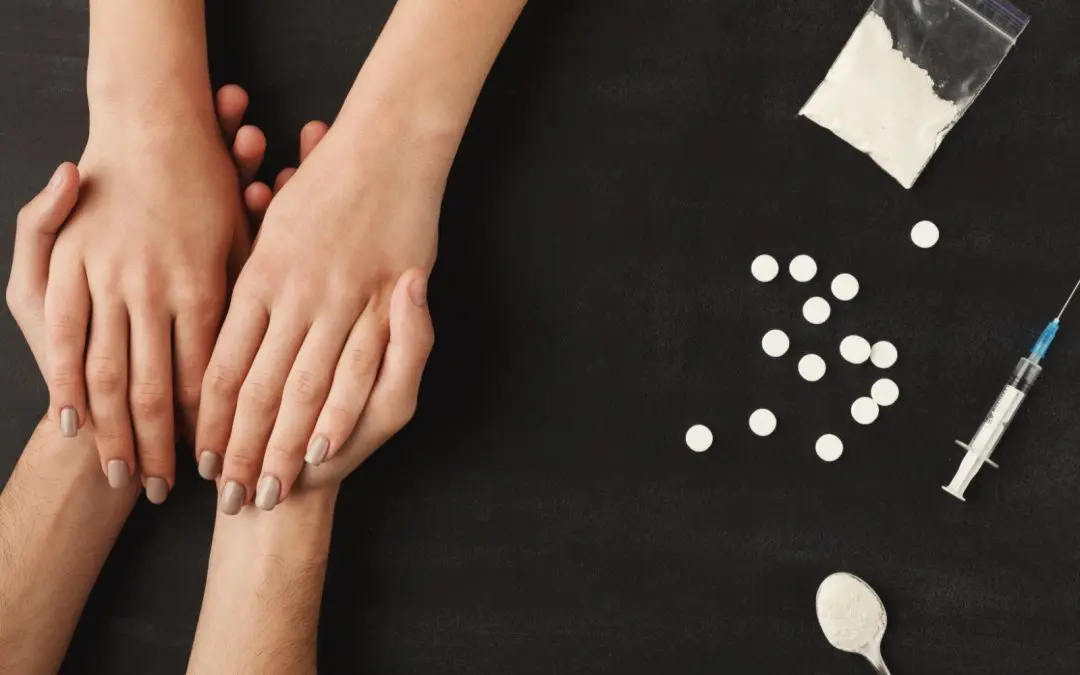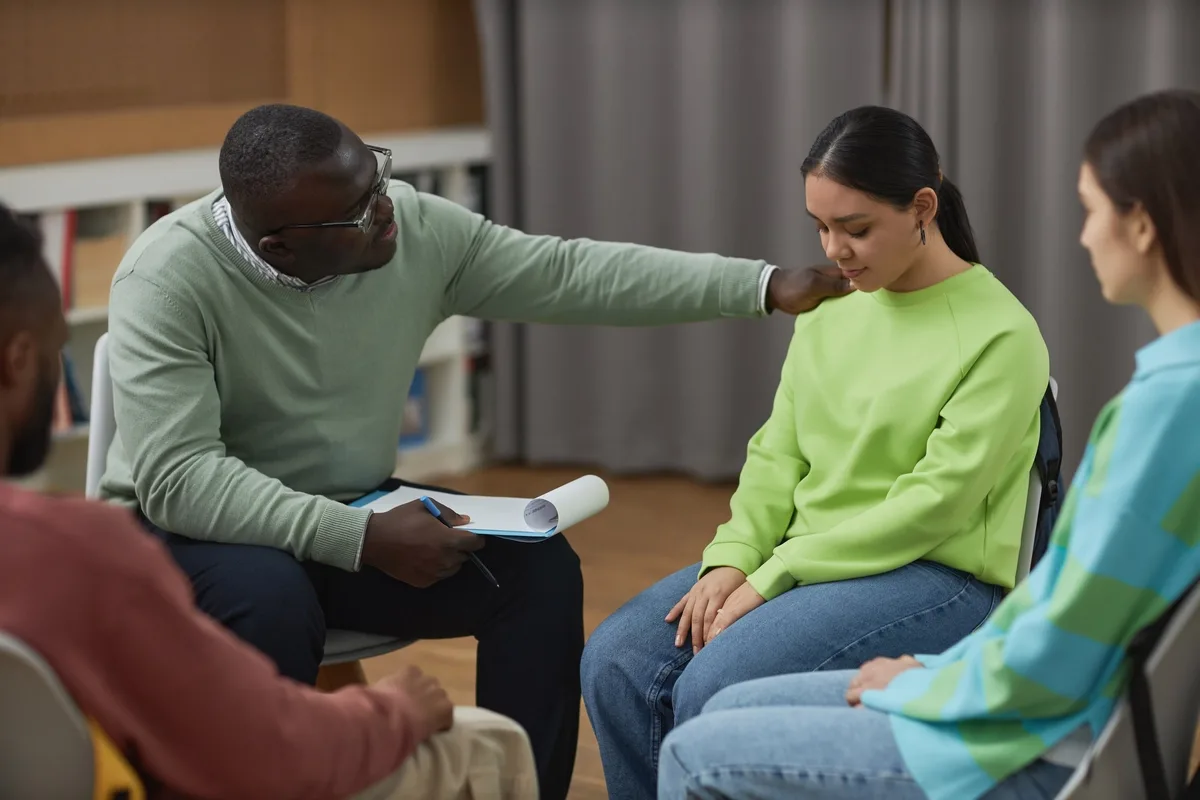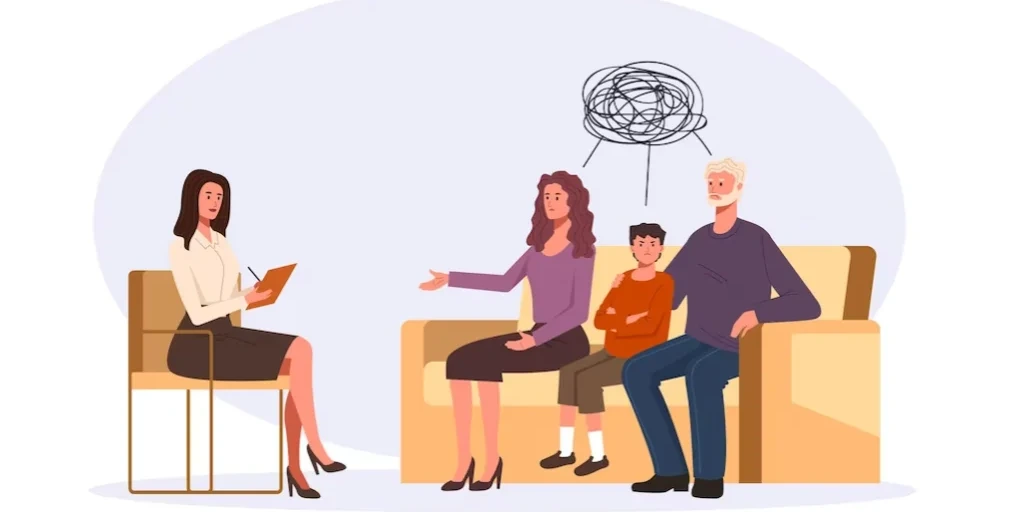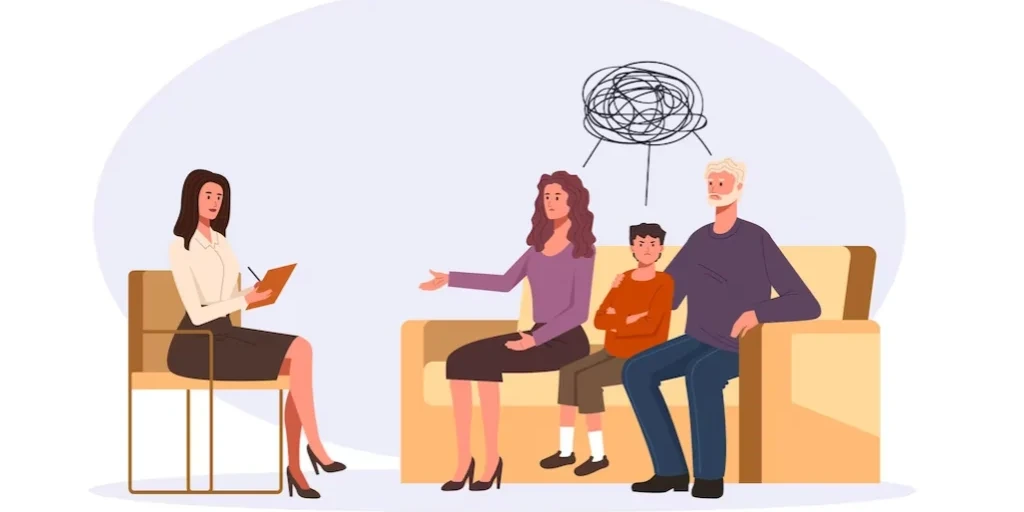24/7 Helpline:
(866) 899-221924/7 Helpline:
(866) 899-2219
Learn more about Amphetamine Detox centers in Marion County
Amphetamine Detox in Other Counties

Other Insurance Options

State Farm

GEHA

CareFirst

Regence

Highmark

Molina Healthcare

Ambetter

Choice Care Network

Evernorth

WellPoint

Meritain

Ceridian

Medical Mutual of Ohio

BlueCross
Beacon

Health Partners

Optima

ComPsych

Covered California

BHS | Behavioral Health Systems






















































